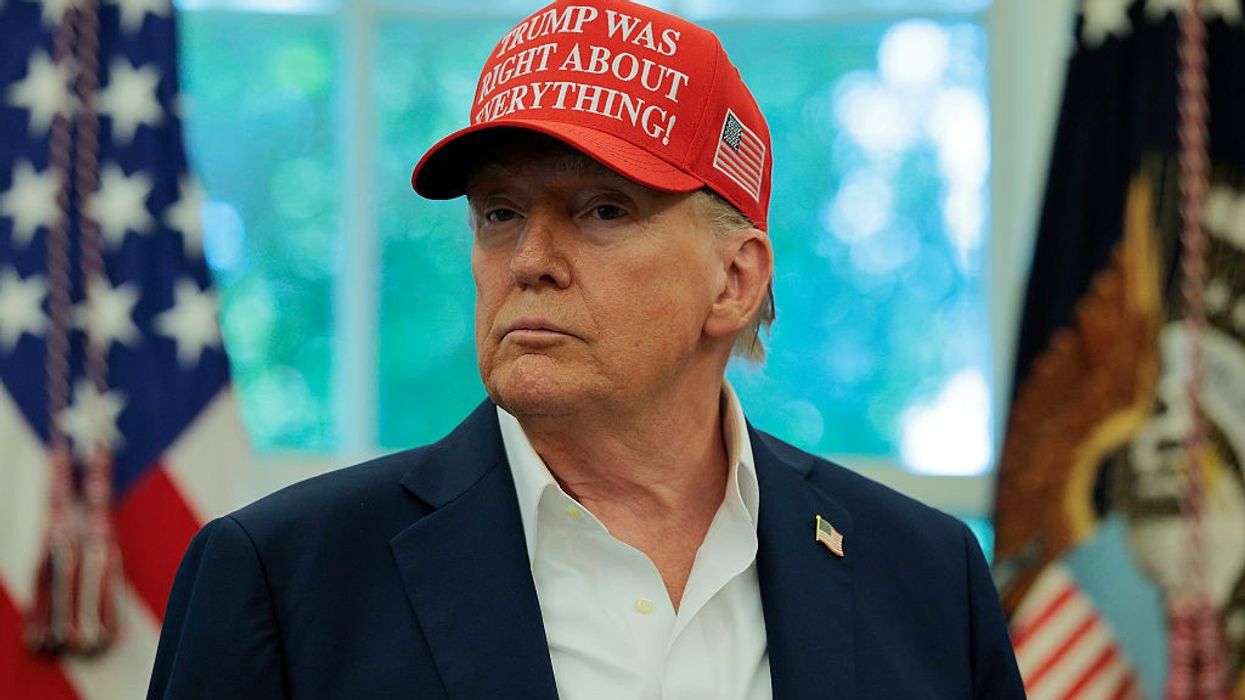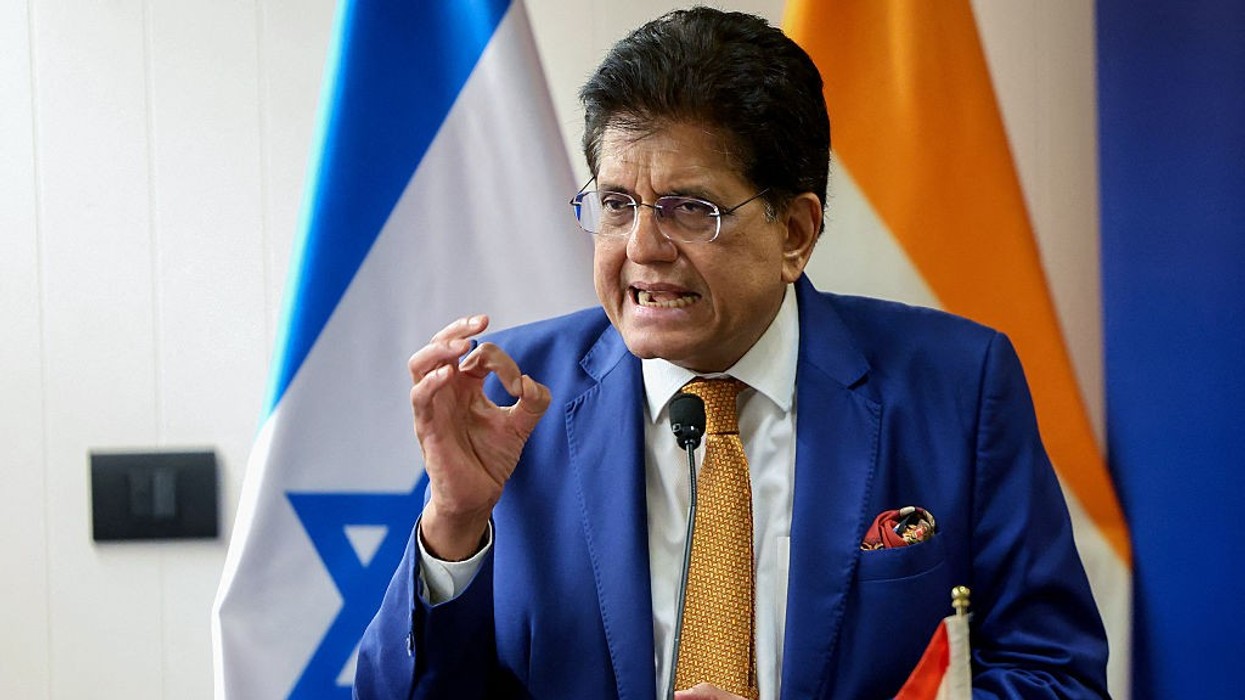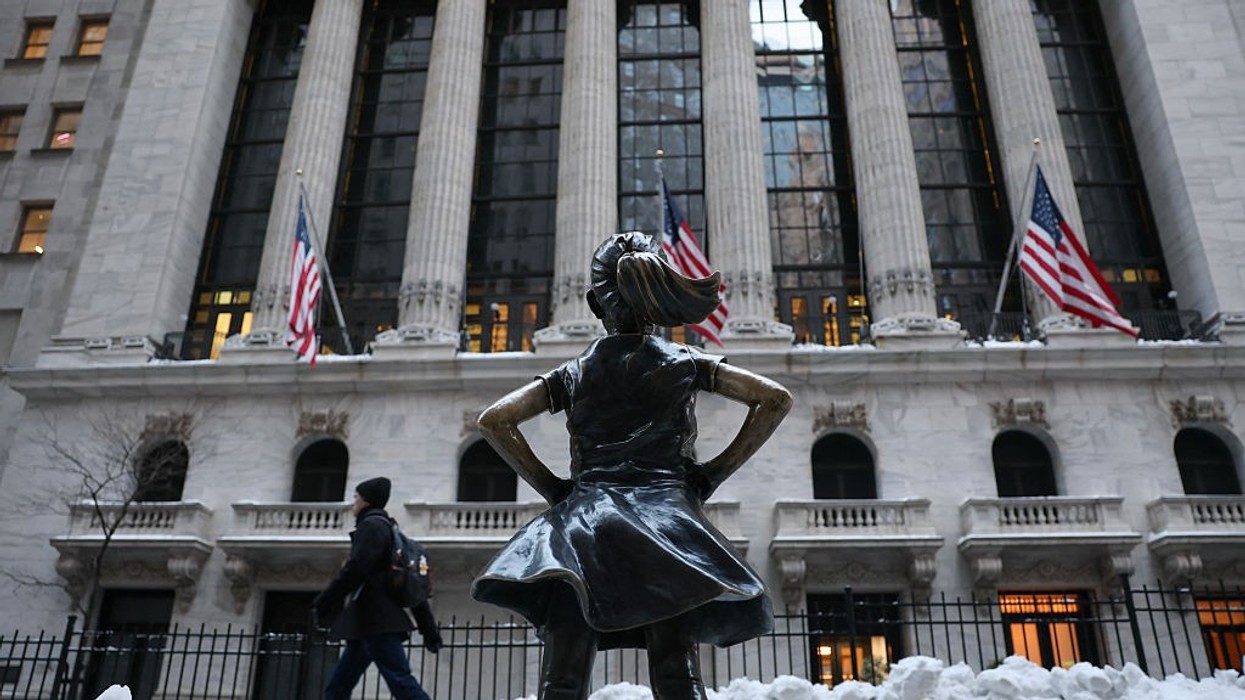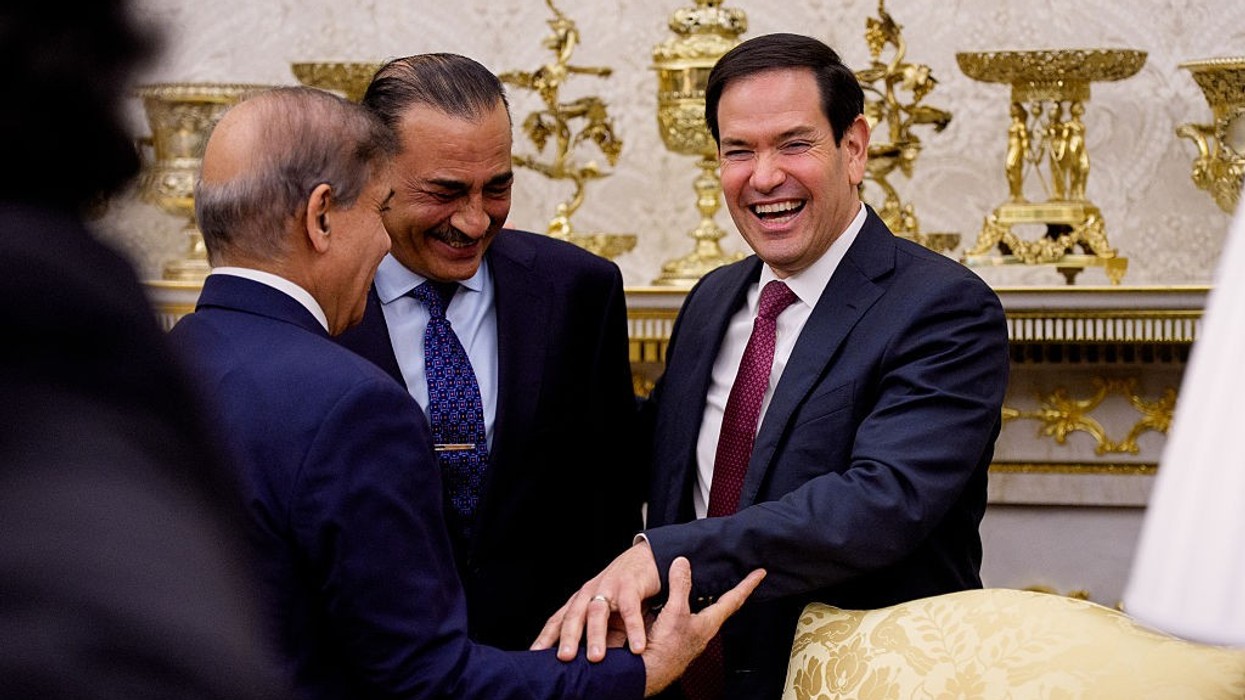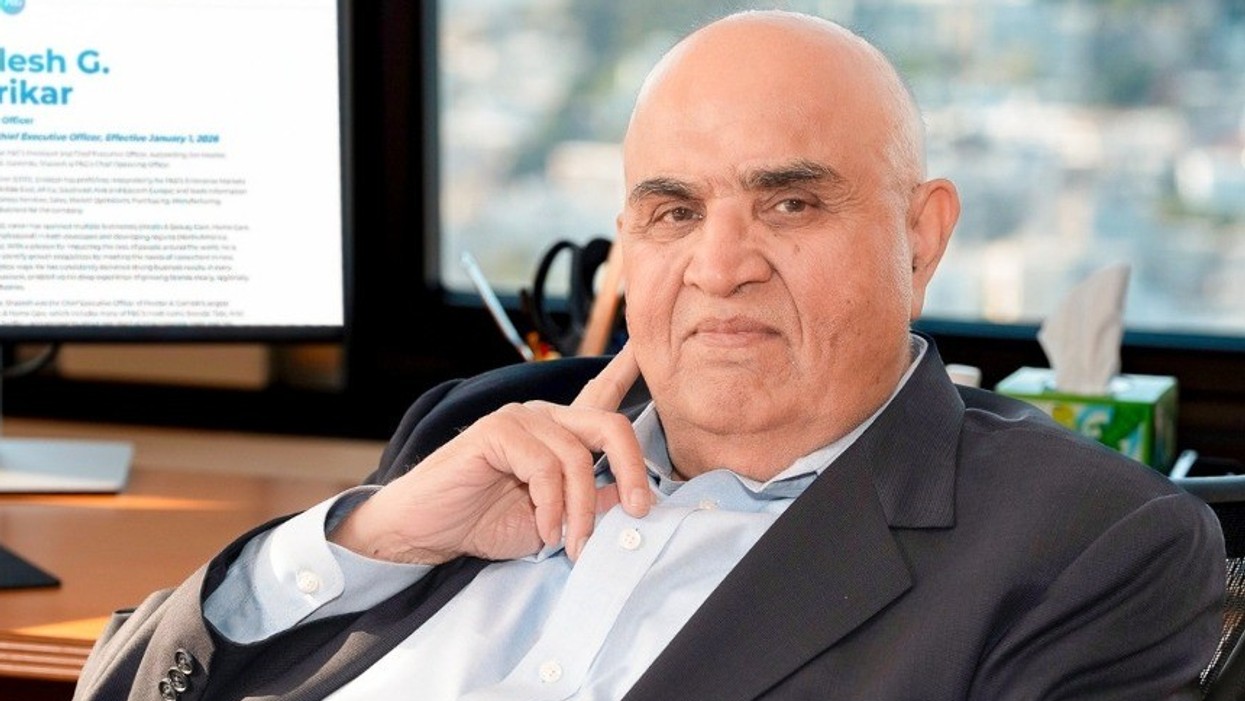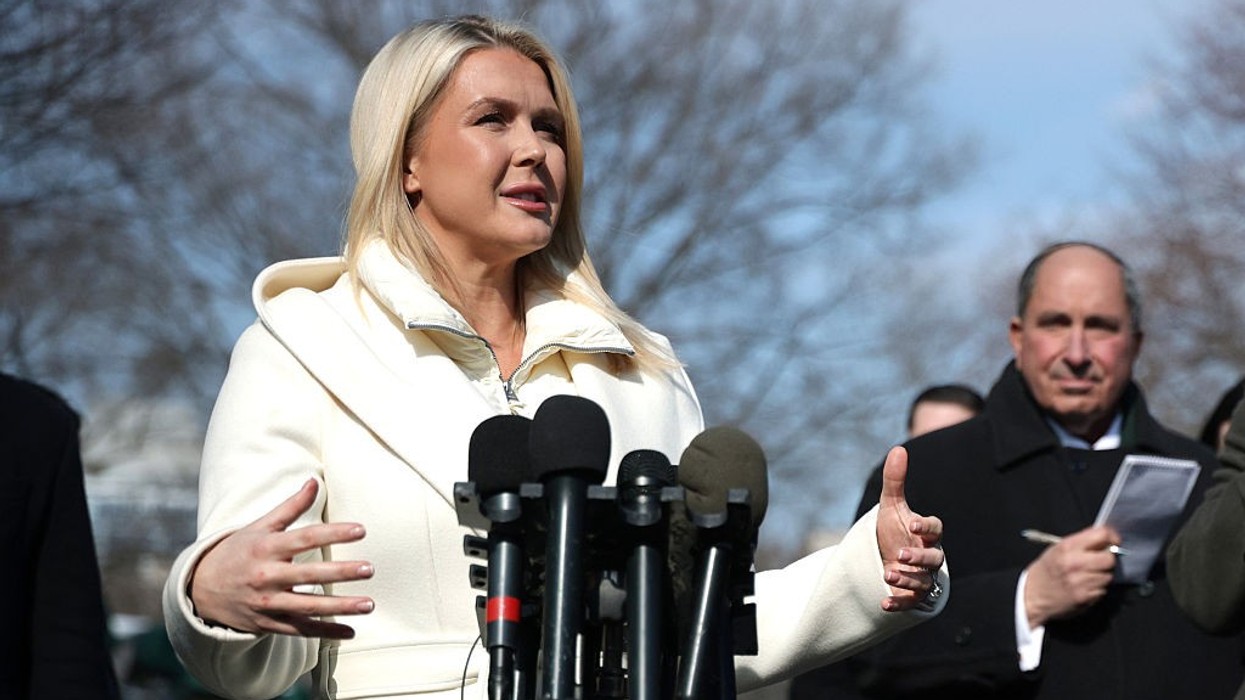Highlights:
The Trump administration has proposed new regulations to limit the duration of visas for international students, cultural exchange visitors, and foreign journalists, marking a significant shift from the previous open-ended "duration of status" system that has been in place since 1978. The proposed rule aims to enhance oversight and reduce misuse of visas by replacing indefinite visa durations with fixed terms and stricter extension processes.
Fixed visa duration for students and journalists
Under the proposed framework, students holding F visas and cultural exchange visitors with J visas would be admitted for a fixed period aligned with their academic or program length but would be capped at a maximum of four years. Foreign journalists holding I visas would face a limit of 240 days for their initial stay, with the possibility of a single 240-day extension depending on the assignment.
Chinese nationals working as journalists would have an even shorter limit of 90 days. This contrasts with the current system allowing visa holders to remain in the U.S. for the duration of their studies or assignments without routine reevaluation.
Addressing visa abuse and enhancing government oversight
Officials from the Department of Homeland Security (DHS) defended the move, stating that previous administrations allowed foreign nationals to stay indefinitely by repeatedly renewing status without thorough vetting, leading to security risks, significant taxpayer costs, and disadvantages to US citizens. The proposal seeks to put an end to this “abuse” by requiring visa holders to apply for extensions through US Citizenship and Immigration Services (USCIS), enabling more careful review and monitoring.
This fixed-term system would also improve the effectiveness of existing tracking programs, such as the Student and Exchange Visitor Program (SEVP) and the Student and Exchange Visitor Information System (SEVIS), by providing clearer time frames and reducing the number of long-term temporary residents whose status is less frequently reviewed.
Economic and social implications
The United States hosted about 1.6 million international students holding F visas in 2024, along with approximately 355,000 exchange visitors and 13,000 foreign journalists. While the administration's goal is to enhance security and oversight, education experts and business groups have expressed concern that stricter visa durations could discourage prospective international students and professionals, which may negatively impact the U.S. higher education sector and economy. Universities rely significantly on international students for tuition revenue and global talent enrichment, making these potential changes contentious.
Policy history and future steps
This policy proposal revives a similar measure introduced in 2020 during President Trump's first term, which was later withdrawn by the Biden administration amid strong opposition from educational and international advocacy groups. The current proposal has entered a 30-day public comment period, during which stakeholders can express support or concerns before potential finalization.
Alongside this visa duration proposal, the Trump administration has pursued a broader crackdown on legal immigration, including more intense scrutiny of visa applicants, revocation of visas and green cards on ideological grounds, and reinstating neighborhood visits to verify citizenship applicants’ residency and moral character.
If finalized, these changes would represent one of the most consequential immigration policy shifts in Trump's second term, tightening visa controls across multiple categories with significant implications for students, scholars, journalists, and educational institutions worldwide.
